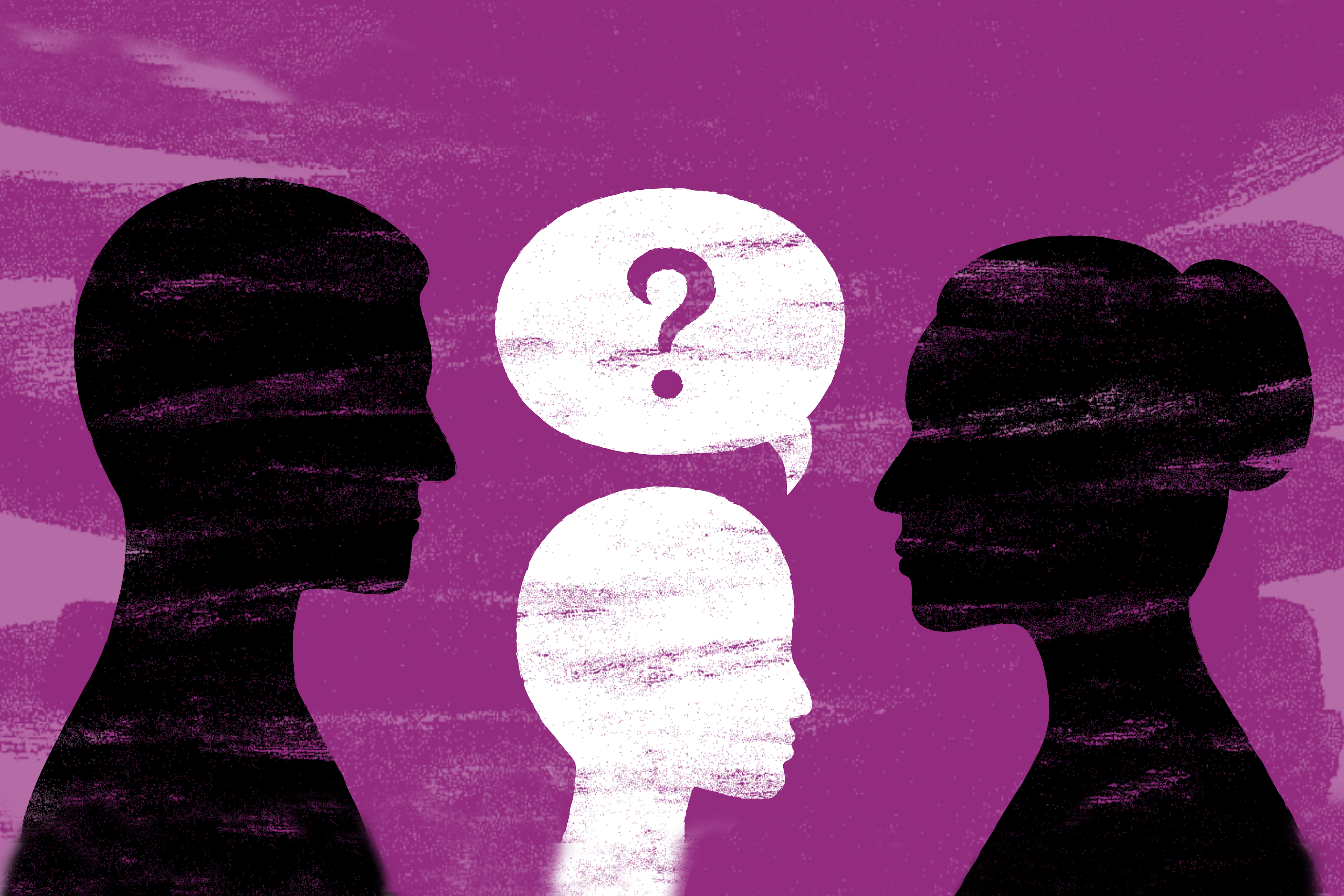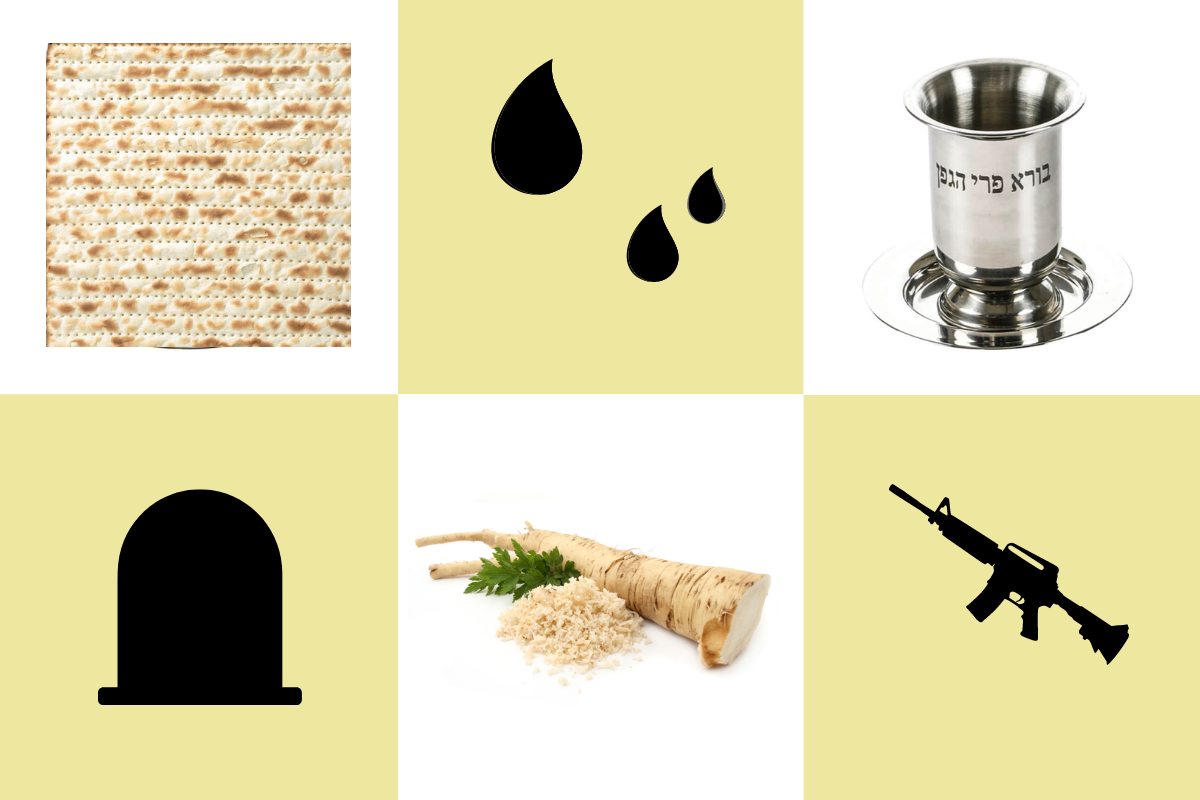Published: 6 June 2024
Last updated: 6 June 2024
Shavuot today is associated in many people’s minds with cheesecake, baskets of flowers, and an image of the 10 commandments inscribed on two tablets.
The first two are simple and joyous ways of celebrating. The latter gives rise to many questions about what we believe.
Why these 10 commandments? Are they really more important than the other 603 in the Torah? What happened on Mt Sinai and what can the stories of that momentous event teach today’s children?
In ancient times, Shavuot was a harvest festival, one of the three pilgrim festivals when the people of Israel brought offerings to the Temple in Jerusalem. Shavuot means "weeks" and refers to the seven weeks between Pesach and Shavuot during which each day is counted, blessed and correlated with the ripening of barley. It is also known Chag hakatzir, meaning "festival of the harvest".
As Judaism moved from being largely land-based to largely text-based, the festival gained another moniker Zman matan Torateinu, "the time of the giving our Torah".
The linking of Shavuot with the 10 commandments and revelation of Torah is anchored in calculations that determine it was exactly 49 days from the time the people of Israel left Egypt until their arrival at the foot of Mt Sinai. On the morning of the 50th day, the Jewish people received the text that gave them their distinctive identity, becoming a nation bound to God and one another through the renewed and extended covenant.
Exactly what was transmitted at Sinai goes to the heart of Judaism itself. Was it the 10 commandments only? Or the five books of Moses that form the Torah scroll? Or all of the written Torah and Oral Torah, even though the latter would only come to light centuries later?
It is clear that there is an elevated sanctity and centrality to the 10 commandments. According to the narrative, Moses stayed up on the mountain for 40 days and nights engraving them, emerging bathed in light and with a miraculous strength that enabled him to hold the two stone tablets in his arms.

These 10 precepts convey the essence of Judaism, including fidelity to the one God who created the universe and redeemed us from Egypt; an insistence of God’s incorporeality; remembering Shabbat; honouring parents; denouncing murder, theft and wrong speech, and an injunction not to covet what is not yours, a somewhat different inclusion as its focus is on a state of mind, rather than actions.
In Hebrew they are known as aseret hadibrot, which translates as the "10 utterances", a more accurate name as the first of the ten ("I am the God who took you out of Egypt") is a statement rather than a direct commandment.
Given their holy and historic origins, it is fitting that people would assume these ten are the pinnacle of the 613 mitzvot governing our actions and relations in the human and heavenly realms. During the time of the Temple, they were recited as part of the daily service.
Many synagogues today have a depiction of the two tablets above the ark containing the Torah. When they are read out in shul as part of the cyclic Torah reading, it is customary to stand at that moment, thereby collapsing time and showing once more our readiness to accept them and renew the covenant. Their status is certainly special.

But history made this status controversial. Early Christianity elevated the ten commandments, arguing that these were the only laws that were valid and relevant. In response, Jewish tradition downgraded their special status, asserting all the laws of the Torah are equally holy.
The reading of the 10 commandments were thus removed from daily services and have, with some exceptions, rarely featured since in public recitation.
So, is there a most important commandment and, if so, what is it?
The esteemed scholar Hillel taught that the most important precept of the Torah is not one of the 10 commandments. He nominated the commandment "Love your neighbour as yourself", which he rendered as "What is hateful to you, do not do to another".
The commandment to "Choose life that you may live" (Dvarim 30) and ethic of pikuach nefesh (to save a soul) requires that all mitzvot, bar three, should be broken in order to save a life. That teaching suggests that saving life is the most important commandment – perhaps with the exception of the strictures against the exceptional three: murder, sexual immorality and idolatry.
One particularly beautiful teaching about the 10 commandments is simultaneously illustrative of their holiness and their earthiness. When Moses descended from Sinai holding the two tablets, he was greeted by the Israelites dancing around the golden calf - the antithesis of the very teachings embodied in the ten commandments. Depending on interpretation, he smashed or dropped the tablets, shattering God’s holy communication.
As sacred objects, these shards were not left in the wilderness, rather they were placed in the ark of the covenant under the second set of tablets and accompanied the people for the next 39 years of wandering.
Our errors and mistakes can never be fully discarded, we must carry them, but new layers of life and learning can grow around them.





Comments
No comments on this article yet. Be the first to add your thoughts.